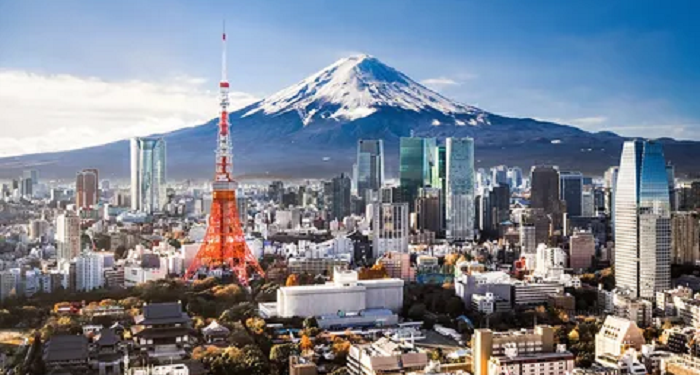Japanese families who decide to move from Tokyo to the province will receive one million yen (7.5 thousand dollars) for each child under the age of 18.
At the same time, payments to large families are limited to a maximum amount of three million yen ($22.5 thousand), writes the business publication Nikkei Shimbun.
It will be possible to apply for these funds from the beginning of the next fiscal year, which starts on April 1 in the Japanese archipelago. The project is subsidized from the budget. The migrants will need to live in a new place for at least five years. Otherwise, the allowance or part of it will have to be returned.
The Japanese government has taken such extraordinary measures to revive social activity in remote regions of the country. Indeed, metropolitan Tokyo has long been overpopulated with people. Along with this, there are fewer and fewer young and middle-aged people in Japanese villages every year who migrate to large cities in search of a better life. As a result, the rural population in the Land of the Rising Sun is steadily aging. Experts warn that by 2040, 900 cities and villages across Japan will face the threat of extinction.
By the way, this trend is noticeable to the naked eye. It is enough to drive several times by car along narrow roads past small Japanese provincial houses with their elderly inhabitants living out their lives to clearly understand the essence of the problem. It is rare to see schoolchildren in villages with backpacks or young lovers walking under their arms.
The Japanese authorities have previously tried to encourage the population to move from the Tokyo metropolis to provincial corners. So, today, a Japanese family receives 300 thousand yen (2.2 thousand dollars) for each child for changing a capital apartment to a village house. With the onset of the coronavirus pandemic, the trend for moving to rural areas has strengthened. It became easier for people to decide to abandon urban comfort in favor of provincial silence after many companies transferred their employees to a remote form of work.
Citizens who chose village life could retain highly paid positions, while significantly improving housing conditions.
It is interesting that in other countries they are trying to attract people to sparsely populated territories. So, a few years ago, the problem was taken care of on the small picturesque Greek island of Andikitira, located between the Peloponnese and Crete in the Ionian Sea. Only a few dozen people live there. The local diocese of the Greek Orthodox Church proposed to establish a monthly allowance of 500 euros for immigrants with young children who agree to come to live on the island. The subsidies were supposed to be paid within three years. In addition, the participants of the program received houses with land plots for use.
















